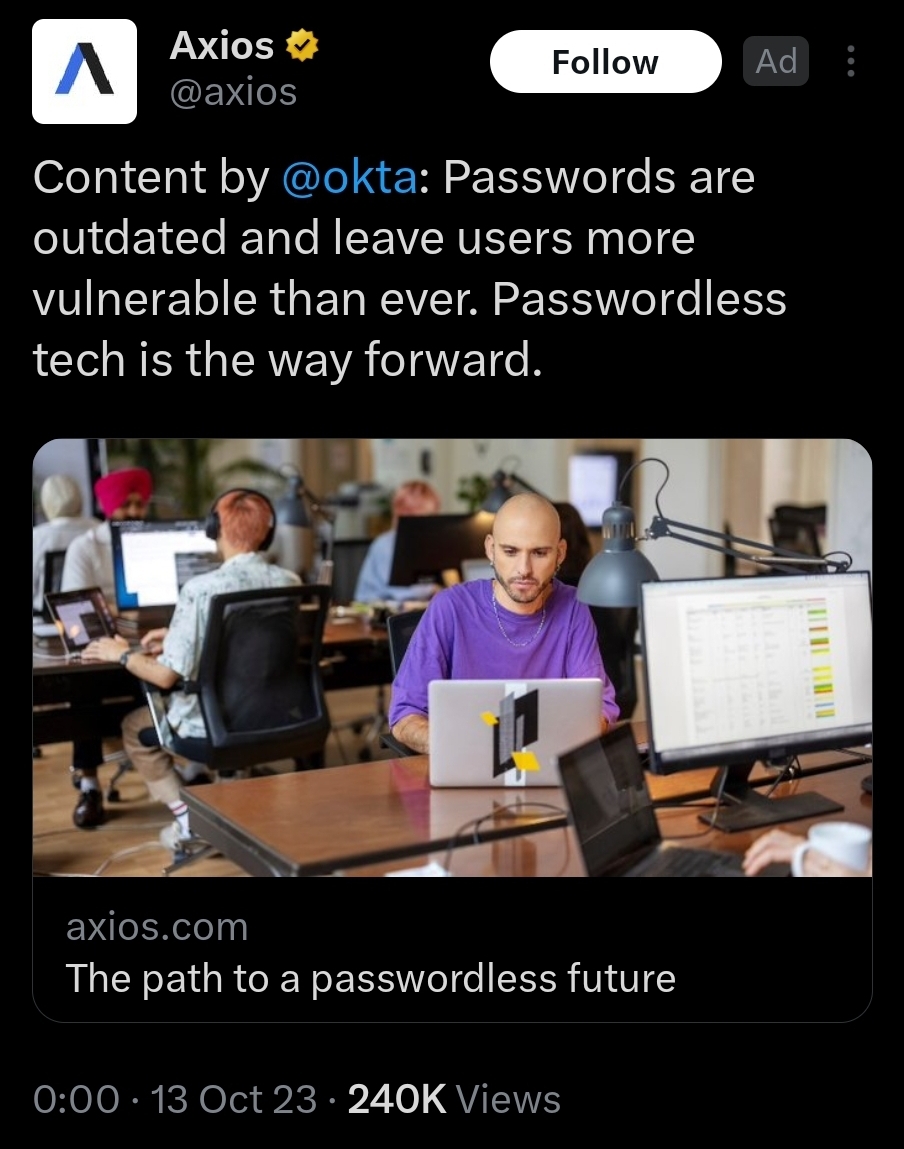view the rest of the comments
the_dunk_tank
It's the dunk tank.
This is where you come to post big-brained hot takes by chuds, libs, or even fellow leftists, and tear them to itty-bitty pieces with precision dunkstrikes.
Rule 1: All posts must include links to the subject matter, and no identifying information should be redacted.
Rule 2: If your source is a reactionary website, please use archive.is instead of linking directly.
Rule 3: No sectarianism.
Rule 4: TERF/SWERFs Not Welcome
Rule 5: No ableism of any kind (that includes stuff like libt*rd)
Rule 6: Do not post fellow hexbears.
Rule 7: Do not individually target other instances' admins or moderators.
Rule 8: The subject of a post cannot be low hanging fruit, that is comments/posts made by a private person that have low amount of upvotes/likes/views. Comments/Posts made on other instances that are accessible from hexbear are an exception to this. Posts that do not meet this requirement can be posted to !shitreactionariessay@lemmygrad.ml
Rule 9: if you post ironic rage bait im going to make a personal visit to your house to make sure you never make this mistake again

USB/NFC hardware keys are pretty good though, they are just the current form of smartcard hardware keys that have been around since the late 1990s for high security environments. If you worked for certain federal agencies or private sector companies, you might have used them. They are old technology at this point that has more recently been introduced into the consumer space as platforms and companies face backlash for constantly having security breaches.